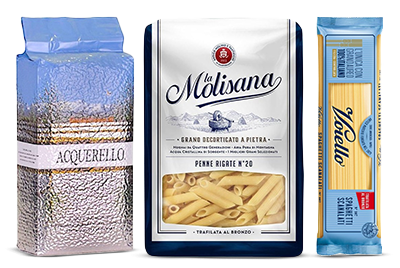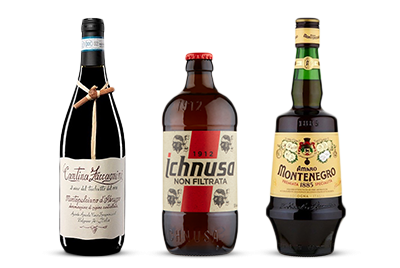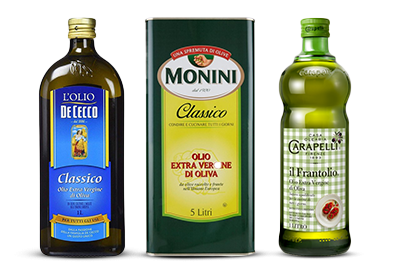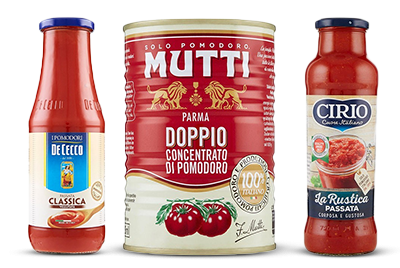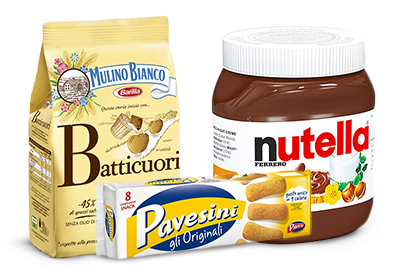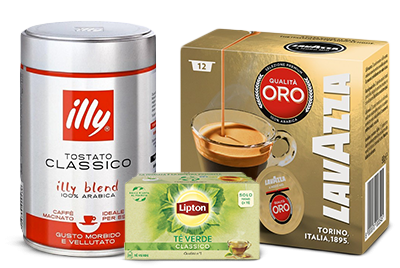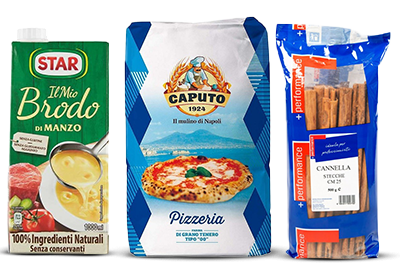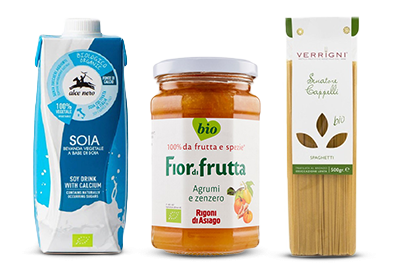- today
- perm_identity Rossella Monopoli
- remove_red_eye 3709 views

What is sustainable gastronomy? Gastronomy is called the art of food, sustainability is the idea that an activity (e.g. farming, fishing or even food preparation) is carried out without wasting natural resources and in a way that can continue into the future without being harmful to the environment or our health. Sustainable gastronomy, therefore, means a cuisine that takes into account where the ingredients come from, how the food is grown and how it gets to our markets and ultimately on our tables. The current exploitation of the oceans, forests and soil is largely unsustainable. We need to be more careful about how we use our natural resources both as producers and consumers. Food waste has become a habit: buying more food than we need is a behaviour that puts a strain on our natural resources and damages the planet. When we throw away food, we waste work, effort, investment and precious resources (such as water, seeds, feed, etc.). In short, food waste increases greenhouse gas emissions and contributes to climate change. In 2011, the FAO estimated that 1/3 of all food produced in the world is lost or wasted. This equates to 1.3 billion tons per year. Today, food waste is a global problem. Prominent figures in the food industry, such as star chefs, are using their popularity to urge consumers and businesses to reduce food waste, improve nutrition and promote sustainable food distribution and preparation systems, such as simple, healthy food combinations. We should all realize the role and influence of our own food choices and the positive impact on other citizens of the world. The COVID-19 pandemic has also brought global attention to the need to transform and rebalance the way food is produced and consumed. Wasting less, eating better, and adopting a sustainable lifestyle are key to building a world free from hunger and an environmentally friendly lifestyle. Small changes to our daily habits can have a huge global impact. Here are some tips on how to reduce or avoid food waste: Plan ahead and don't prepare plenty of food Freeze leftovers Turn leftover food into the next day's lunch or dinner Allow guests to serve themselves and let them choose how much food they want Don't judge food by its appearance, use bruised fruit for smoothies and juices Instead of put your leftover food in the trash, compost it, so you reduce gas emissions Save water Eat more legumes and vegetables Donate food that would otherwise go to waste Buy only what you need.... How? With Rosso Fine Food's innovative Smartpallet formula! SMARTPALLET is a service reserved for ROSSO FINE FOOD customers. It is a new way to buy for food and beverage professionals seeking high quality Italian products. Specifically designed for buying groups, food stores, restaurants and even importers who find it difficult to find "made in Italy" food products and want to buy only what they need. The new Smartpallet formula allows you to buy without waste and excess in harmony with a sustainable gastronomy. Visit our website to learn more! https://www.rossofinefood.com/en/

